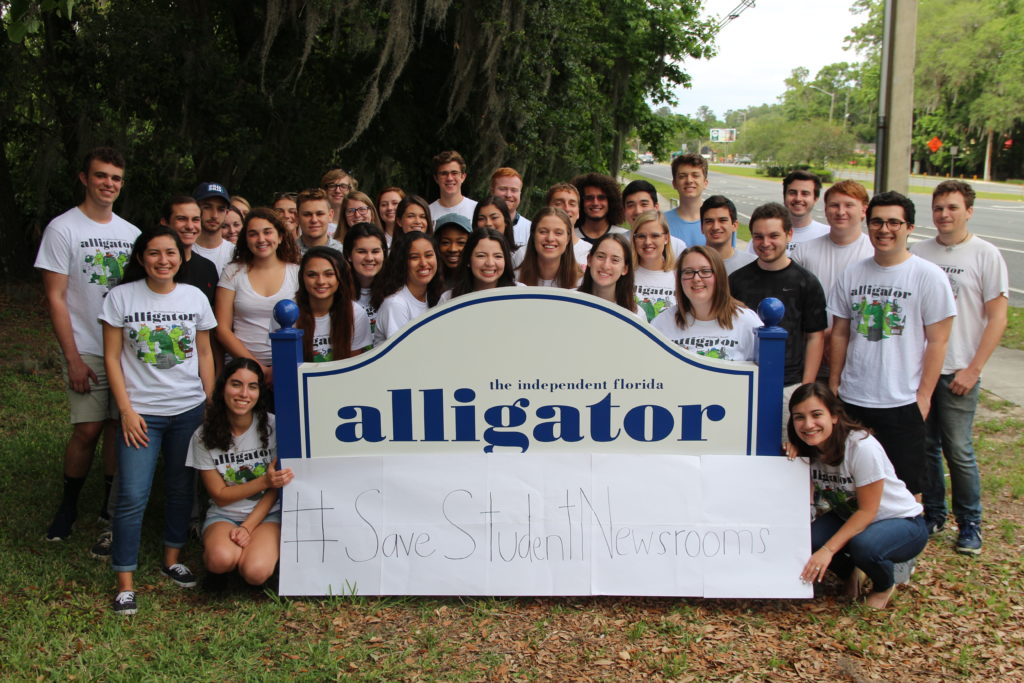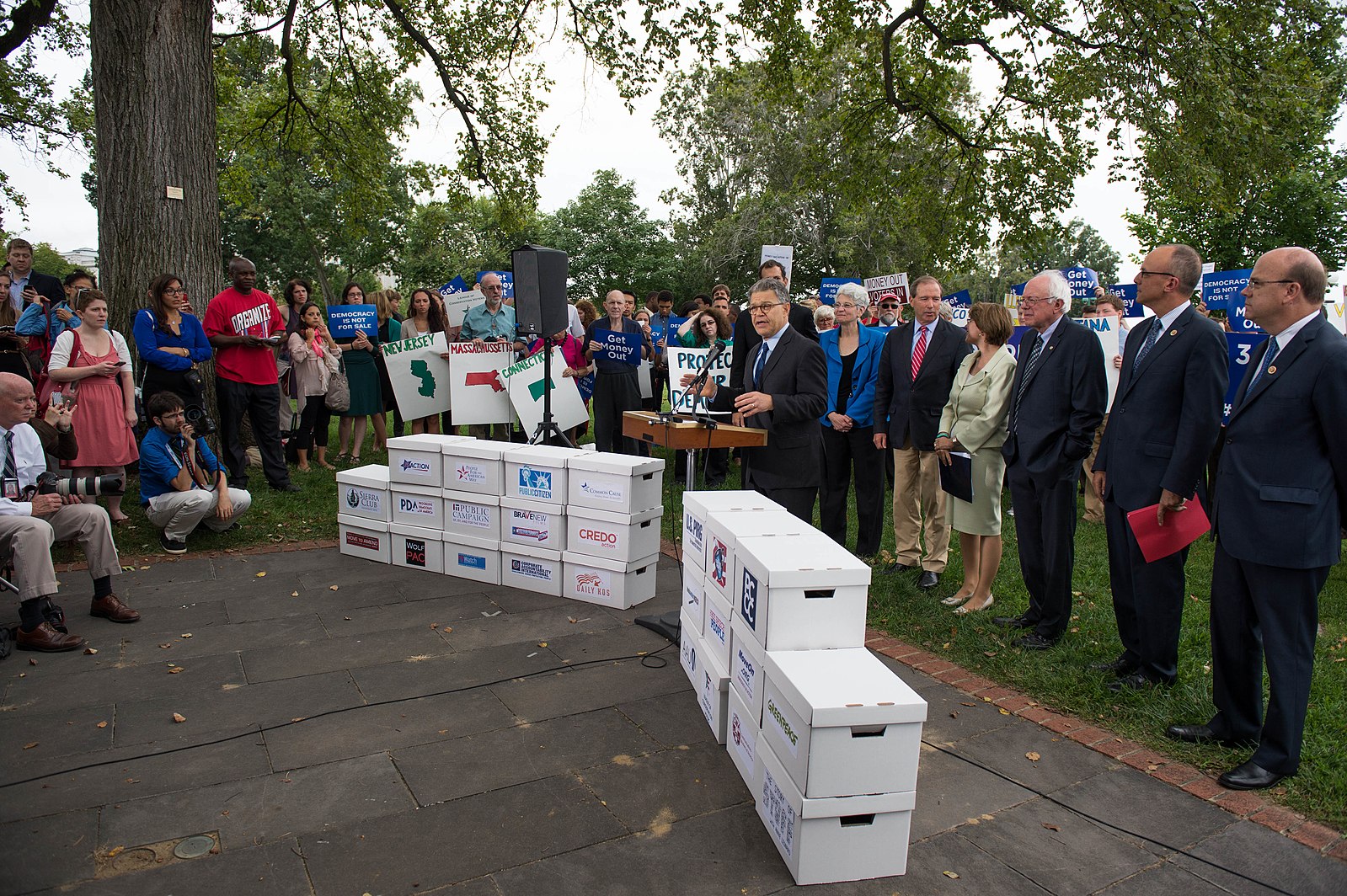Campaign to save student newsrooms shifts gears from finances to censorship
In the year since the Florida Alligator issued a call to action to save college newspapers around the country, hundreds of student-run publications signed on to raise awareness about the financial cuts that threaten to shutter or significantly reduce their presence at their institutions.

The campaign received national publicity in its first days and months, with stories on CNN and in The Nation. It is no longer getting the same level of attention, but organizers said they are still having an impact, particularly as the effort shifts its focus toward censorship.
“Censorship is an issue that happens often and goes mostly unnoticed, especially on the university level,” said Sam Ogozalek, editor-in-chief of the Daily Orange at Syracuse University and one of the campaign’s current organizers. “I think that is why it is important that the campaign sheds light on the issue and also tries to combat it.”
The initial campaign and its hashtag #savestudentnewsrooms created a flurry of tweets from students and various school news organizations calling attention to the role and importance of student publications..
In recent months, student journalists have used the hashtag to highlight battles at their institutions, including at the University of Arizona. It’s also been a way for former students to reminisce.
A joint report by the American Association of University Professors and the College Media Association reported that a lack of funding is not the only threat that student newsrooms face but also threat of censorship from school administration.
College Media Association, a group for collegiate media advisors, has helped guide student publications though the legal framework in cases of censorship. CMA President Chris Evans, an advisor at the University of Vermont, said issues involving censorship happen “more often than we would like.” This past year there have been several high-profile cases of censorship at some of the nations most recognized schools such as Wesleyan University and the University of Kansas, he said.
At Wesleyan University in Connecticut, the student government voted to cut the paper’s funding after it published a student opinion questioning the legitimacy of the Black Lives Matter movement. The student government at the University of Kansas also voted to cut the paper’s funding, a move backed by the administration. Student editors at the University Daily Kansan said it was in retaliation for unfavorable coverage, and the paper sued. The lawsuit was later dismissed after the two sides reached an agreement. (The student government had reversed its decision the following semester).
To stop censorship on the university level, “administrators need to value journalism as a skill, (and) understand that college newspapers are not meant to a PR arm of the university,” Evans said. But, he added, “students need to be assertive and forward thinking as well.
In a bid to crack down on abusive administrators who seek to stifle student publication, leaders of the #SaveStudentNewsrooms campaign are looking at ways to mobilize members of the group for large scale protests at universities. Ogozalek said there is also an emphasizes for students to share the campaign and their work via social media. By sharing student work, she hopes the public will realize that student journalism is no different than professional journalism and therefore should not be censored by school administrators. They will also persuade affiliated universities to publish editorials informing readers about the issue of censorship.
The current student leaders of the alliance are from Syracuse University, University of North Florida and Ohio University.
Alan Perez, editor-in-chief of The Daily Northwestern at Northwestern University, wants to use the popularity and momentum of the campaign to encourage students of color and monitories to take up journalism. “There is a big need to diversity our ranks, it is our responsibility as a large student publication to diversify,” he said.
Abel Rodriguez is a recent graduate of Dominican University in suburban Chicago. His Twitter is @abehist_.


